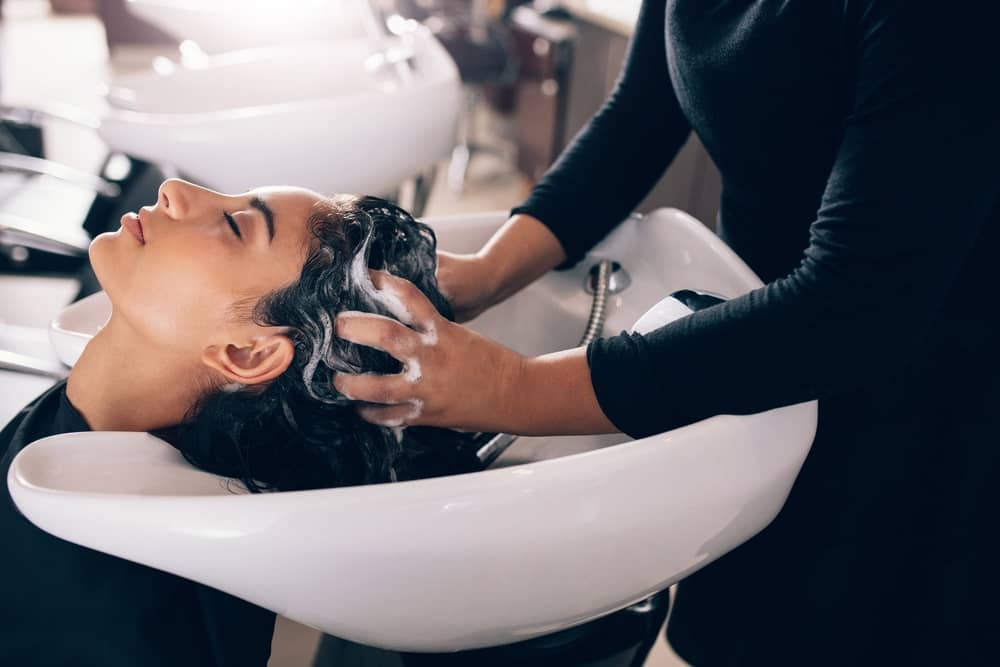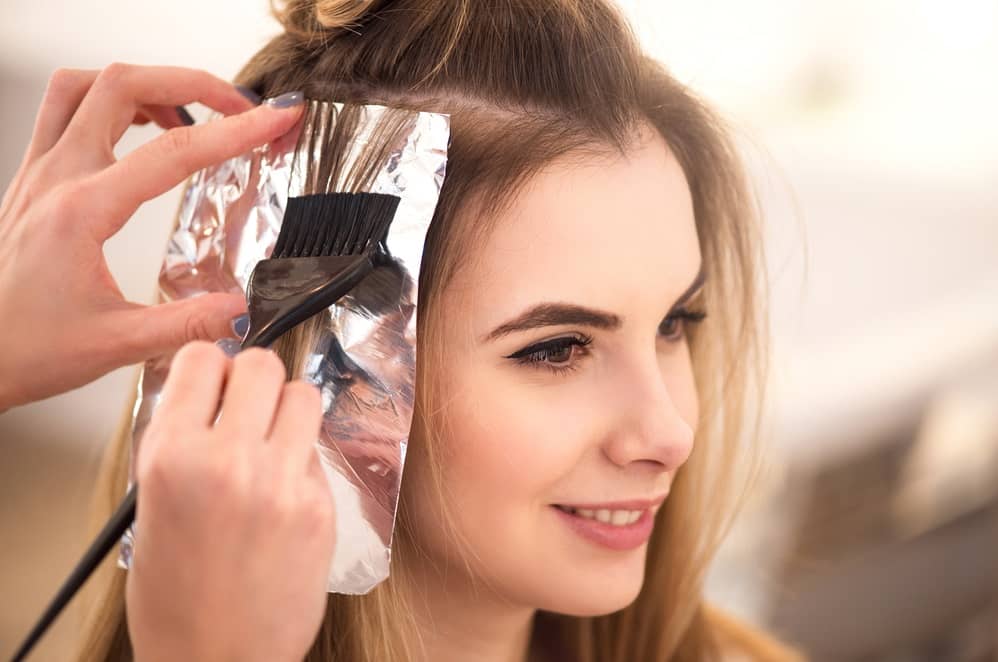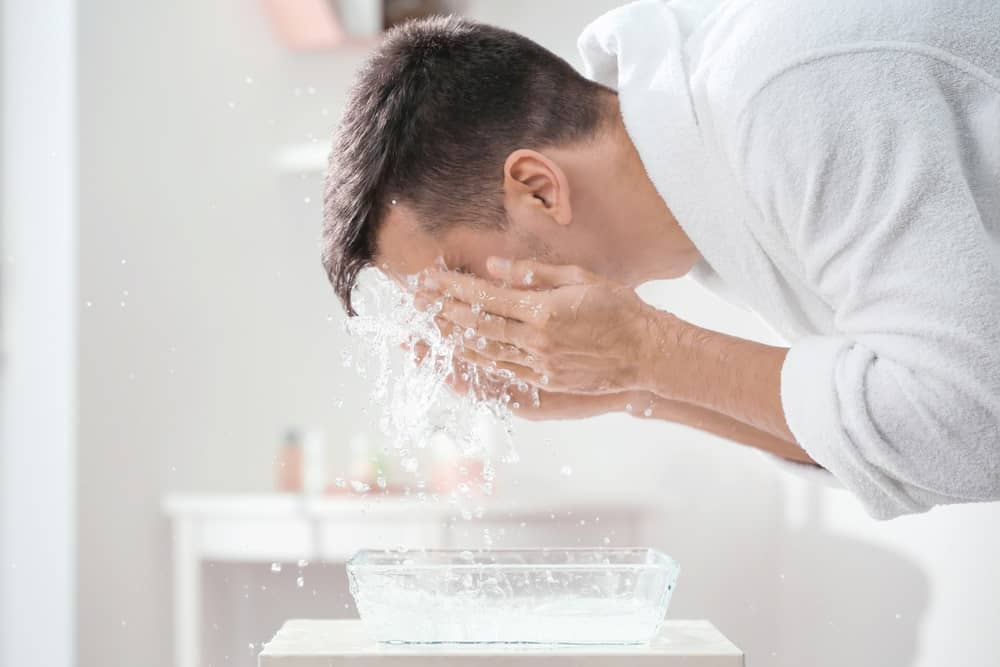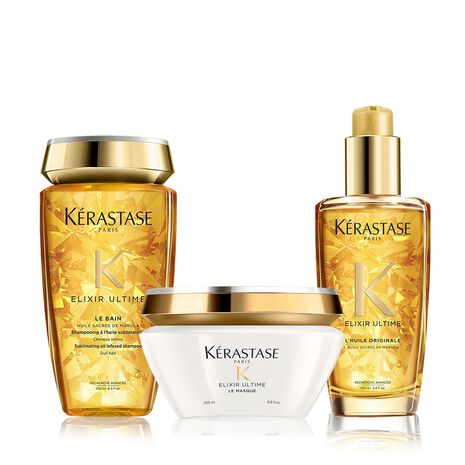Beard dandruff, also known as “beardruff,” is a frustrating issue many men face. As beards continue to grow in popularity, so does the need for proper beard care. Dandruff, often associated with the scalp, can also show up in facial hair. It’s caused by a combination of dry skin, excess oil, and the presence of Malassezia, a yeast-like fungus. The good news? There are several effective ways to tackle beard dandruff and keep your beard looking healthy and well-groomed.
Let’s dive into the best remedies and practices for managing beard dandruff.
1. Exfoliation: The First Step
Exfoliating the skin beneath your beard is key to preventing and treating beard dandruff. Just like your scalp, the skin under your beard can accumulate dead skin cells, which contribute to dandruff flakes.
Best Practices for Exfoliating:
- Use a Beard Brush: A soft-bristle beard brush helps lift dead skin cells, debris, and dandruff while distributing natural oils throughout your beard. Brushing daily can help reduce dandruff and keep your beard feeling softer.
- Exfoliating Scrubs: Using a gentle facial scrub once or twice a week can help remove dead skin. Look for scrubs designed for sensitive skin to avoid irritation.
2. Regular Beard Washing: Cleanse and Refresh
Washing your beard is crucial for keeping dandruff at bay. Dirt, oil, and product buildup can worsen beard dandruff, making regular washing essential.
Best Practices for Beard Washing:
- Use a Beard-Specific Shampoo: A regular shampoo can be too harsh and strip the natural oils from your beard, leading to dryness and more dandruff. Opt for beard shampoos that contain natural ingredients like tea tree oil, which has antifungal properties that can help control dandruff.
- Avoid Over-Washing: Washing your beard too frequently can dry out the skin, which may exacerbate dandruff. Aim to wash your beard 2-3 times a week, depending on how oily your skin is.
3. Moisturize and Condition: Hydration is Key
Beard dandruff often stems from dry skin, so moisturizing is a critical step. Hydrating both your skin and beard can reduce flakes and make your beard softer and more manageable.
Best Practices for Moisturizing:
- Beard Oil: This is one of the most effective products for beard dandruff. Beard oils typically contain nourishing ingredients like jojoba oil, argan oil, and vitamin E, which penetrate the hair and skin, keeping them hydrated and reducing dandruff. Apply beard oil after washing your beard or whenever it feels dry.
- Beard Balm: For added moisture and control, beard balms can provide extra conditioning. They also help lock in moisture, making them ideal for men with thicker or longer beards.
4. Keep It Balanced: Addressing the Root Cause
Sometimes, beard dandruff isn’t just a matter of dry skin. It can also be related to the natural yeast that lives on our skin, particularly in oily areas. An imbalance of this yeast can lead to dandruff.
Best Practices for Addressing the Root Cause:
- Anti-Dandruff Shampoos: If your beard dandruff persists despite regular washing and moisturizing, consider using an anti-dandruff shampoo like those formulated for the scalp, but be cautious. Start by using it once a week and gradually increase if needed. Look for shampoos containing active ingredients like zinc pyrithione, ketoconazole, or selenium sulfide, which target dandruff-causing fungi.
- Tea Tree Oil: Tea tree oil is a natural antifungal and antibacterial agent. Adding a few drops of tea tree oil to your beard oil or using products that contain it can help control dandruff.
5. Diet and Hydration: Support from the Inside Out
What you eat and drink affects your skin, including the skin beneath your beard. A healthy diet rich in vitamins and minerals supports overall skin health and can help prevent beard dandruff.
Best Practices for Supporting Healthy Skin:
- Stay Hydrated: Drinking plenty of water helps keep your skin hydrated and less prone to dryness and flakiness.
- Healthy Fats: Omega-3 fatty acids found in fish, flaxseeds, and walnuts are known to improve skin elasticity and hydration.
- Vitamins: Vitamins like B-complex (especially biotin), C, and E are known for promoting skin and hair health. Consider incorporating more of these vitamins into your diet or taking a supplement.
6. Regular Grooming and Trimming: A Well-Maintained Beard
Regular grooming and trimming help keep your beard healthy, promote even growth, and prevent dandruff buildup.
Best Practices for Grooming:
- Trim Regularly: Trimming your beard can help remove split ends and reduce areas where dandruff might accumulate.
- Keep Your Beard Clean Between Trims: Use a beard comb or brush daily to help remove any buildup of dead skin and distribute oils.
7. Seek Professional Help if Necessary
If your beard dandruff is severe and persists despite following these tips, it may be time to see a dermatologist. Chronic dandruff could be a sign of seborrheic dermatitis or another skin condition that requires medical treatment.
Conclusion
Beard dandruff is an annoying but manageable condition. By establishing a good beard care routine that includes regular exfoliation, cleansing, moisturizing, and maintaining a healthy lifestyle, you can keep your beard dandruff-free and looking its best. Remember, consistency is key, so stick with your routine and adjust as needed to keep your beard—and the skin beneath it—happy and healthy.











you are really a good webmaster. The web site loading speed is incredible. It seems that you are doing any unique trick. In addition, The contents are masterpiece. you’ve done a fantastic job on this topic!